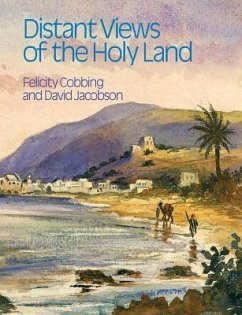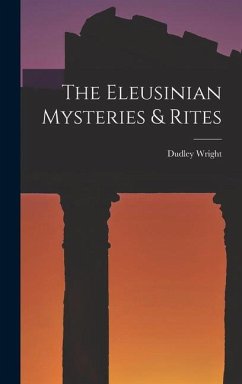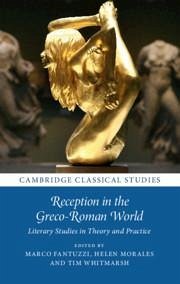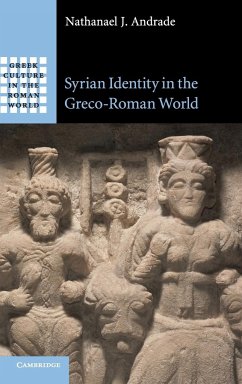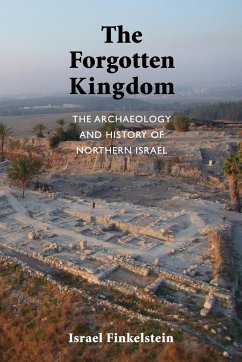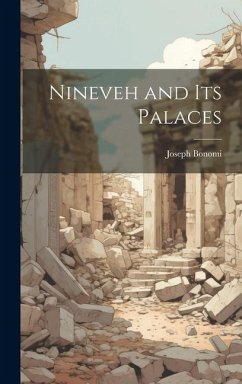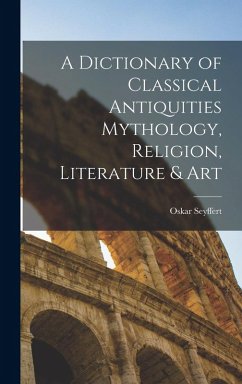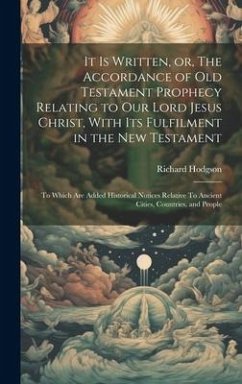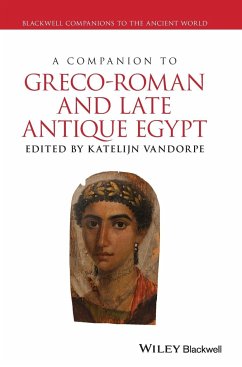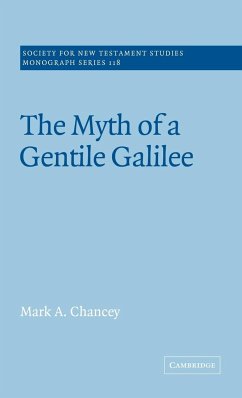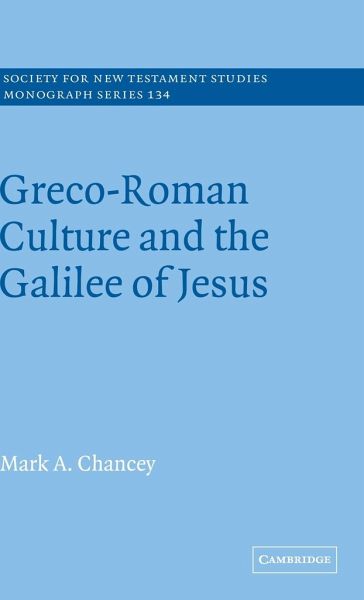
Greco-Roman Culture and the Galilee of Jesus
Versandkostenfrei!
Versandfertig in 1-2 Wochen
103,99 €
inkl. MwSt.
Weitere Ausgaben:

PAYBACK Punkte
52 °P sammeln!
Greco-Roman Culture and the Galilee of Jesus, a book-length investigation of this topic, challenges the conventional scholarly view that first-century Galilee was thoroughly Hellenised. Examining architecture, inscriptions, coins and art from Alexander the Great's conquest until the early fourth century CE, Chancey argues that the extent of Greco-Roman culture in the time of Jesus has often been greatly exaggerated. Antipas's reign in the early first century was indeed a time of transition, but the more dramatic shifts in Galilee's cultural climate happened in the second century, after the arr...
Greco-Roman Culture and the Galilee of Jesus, a book-length investigation of this topic, challenges the conventional scholarly view that first-century Galilee was thoroughly Hellenised. Examining architecture, inscriptions, coins and art from Alexander the Great's conquest until the early fourth century CE, Chancey argues that the extent of Greco-Roman culture in the time of Jesus has often been greatly exaggerated. Antipas's reign in the early first century was indeed a time of transition, but the more dramatic shifts in Galilee's cultural climate happened in the second century, after the arrival of a large Roman garrison. Much of Galilee's Hellenisation should thus be understood within the context of its Romanisation. Any attempt to understand the Galilean setting of Jesus must recognise the significance of the region's historical development as well as how Galilee fits into the larger context of the Roman East.





